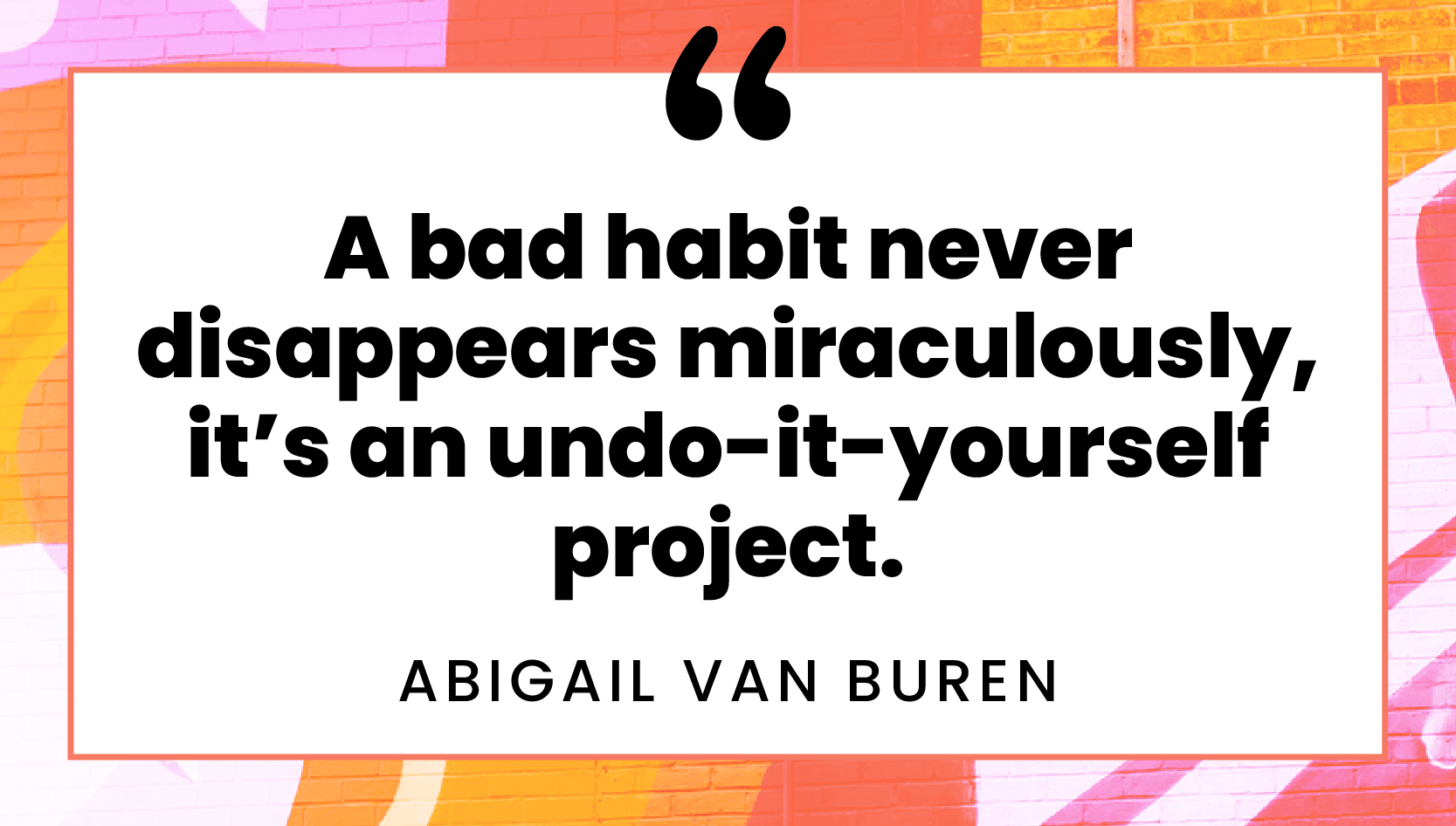I sometimes wonder what the next morning is like.
You rub your eyes and sit up. You go to your sink and start brushing your teeth. You look up. There, tattooed in bright fuchsia (from eyebrow to eyebrow), is your favorite Blink 182 lyric.
Mom will be so proud.
Making bad life decisions is synonymous with being human. The line of doctors smoking outside a hospital is proof that even our brightest are not immune to idiocy.
Regret is the foremost psychological problem we all face. Here’s how to handle the crash of bad decisions you’ll continue to make.
Reflecting on Decision-Making Mistakes
Steve Jobs once said, “You can’t connect the dots looking forward; you can only connect them looking backwards.” The dots behind you are the architecture of your identity. They flow into every flaw and talent you have. Your painful, wincing past has informed much wisdom.
The man with the most profound burn scar on his palm is the least likely to touch the oven again.
You cannot run. Avoidance is futile. You’re entangled in the past and present by the same fortuitous vine. And, in many ways, you should be thankful for regrets. They are bookmarks, pages of emotional maturity, turning with each passing sun.
The past is the anvil on which your best future is forged. The deep yearning for a do-over sharpens your hammering swing at life’s obstacles.
But even still, how do you make it hurt less? There is still room for optimism.
Tips for Recovering From Bad Decisions
Letting go of a mistake happens by letting it fade into you, not away. Here’s how.
1. Deconstruct bad decisions

Maybe it was an inborn flaw you’re prone to: impatience, greed, intolerance, frustration, anxiety. To prevent future mistakes and cement wisdom, one must understand—on clear, clinical, unemotional terms—the origins of that failure.
You should be able to say quite simply, in one sentence, “I misunderstood her intentions.” Or, “I lost my cool and was impatient.”
Diagnosing and cataloging these moments can dissect your patterns of dysfunction. Using emotional pain as the sole deterrent is the least efficient path.
This exercise is all within you. Honesty should be easy.
2. Look for patterns

Humans are frustratingly repetitive creatures. This can crystalize bad habits and mistakes into our persona.
It’s why some people are terrible with money, disastrous with relationships, and chronically losing their phone like yours humbled. It’s you. It always has been. It always will be.
For any chance at improving, you must first accept this diagnosis: you are a near-bot human. Creatures of habit draw little distinction between their best and worst interests. Recognize that and disrupt.
3. Be open about your mistakes

It’s normal. I’m guilty of it.
In this, we are all together. And there is something profound about that: your greatest mistakes are hidden in the background. Most people are too focused on their own moments to even remember yours.
Forgive yourself. Learn. Move forward.
On several occasions, I’ve watched as a victorious cage fighter, who is bruised up and bloodied, gives an octagon interview. One eye might be swollen shut. He’ll have cuts all over him.
And he’ll thank, deeply, his opponent for bringing out the best in him. The contest he competed in, despite causing so much physical damage, allowed him to elevate to a level of martial arts he’s never displayed. In that supreme test in the octagon, he was his own ultimate warrior.
And this offers a profound analog to the experience of life. You are an opponent, a self from your past, who is constantly testing you to triumph over your former selves.
You should thank you for all that regret.


